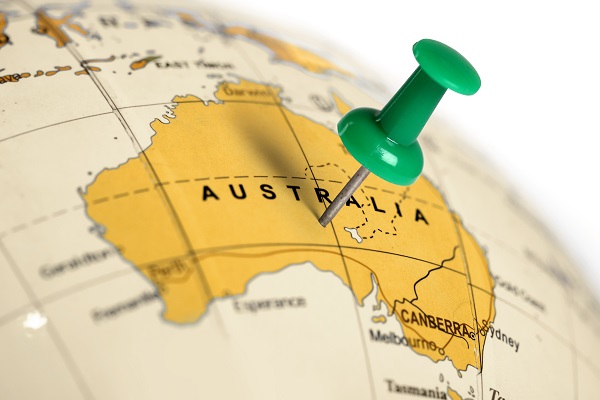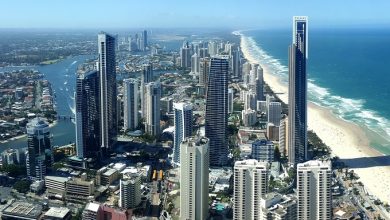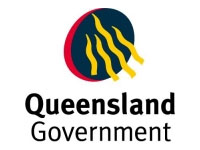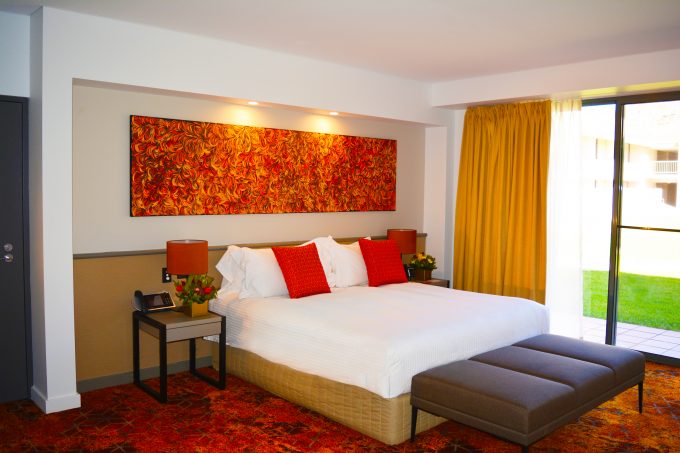
Tourism chief slates “archaic” system driving key markets away
Lengthy processing times and archaic visa application systems are destroying Australia’s competitive edge with India and China, says the Australian Tourism Export Council.
The representative body has criticised rising tourism and working holiday maker visa costs and urged both major political parties to commit to policy action on visa issues which, it says, are harming our reputation as a desirable destination.
“ATEC is baffled by the recent budget announcement, increasing the cost of the working holiday maker visa, which went up by more than 5.4 percent in last week’s budget, while at the same time funding marketing campaigns to ‘reinvigorate’ this market,” said managing director Peter Shelley.
“Working holiday makers are one of our highest yielding visitors who travel extensively in regional Australia both spending and working in these communities.
[pro_ad_display_adzone id=”37778″ align=”left” padding=”20″] Mr Shelley said the situation in India has become dire, with numerous international wholesalers now refusing to actively sell Australia due to the length of time it takes to process a visa to Australia.“This is a price sensitive market and with these visas increasing by around $35, it seems we are encouraging on one hand and discouraging on the other.”
“There is a failure to recognise the massive commercial knock-on effects of visa delays and it’s quite common for large groups planning a trip to Australia to collectively change their destination plans if just one traveller’s visa is held up, he said.
“ATEC has been briefed on a recent case where a group of 700 professionals from India cancelled their trip and went to Canada because Australia’s visa issues were too challenging.
“Previously, our home affairs department had a policy of liaising with key travel distribution partners to create visa processing efficiencies, but this is no longer the case and we are now seeing bottlenecks of up to 40 days in processing.
“In China, the approved destination status visa has been long-lauded as a system which guaranteed speedy processing in return for compliance with a number of criteria, but we now hear what was once a 48-hour ADS processing time has ballooned to more than a week.
“Even more concerning is the tourist visa (sub-class 600) for Chinese visitors is taking upwards of four weeks to be processed.
“Once upon a time, Australia was a global leader in visa policy and now we are seeing competing destinations not only out-performing us but stealing market share – this is just not good enough for an industry worth more than $44 billion in export revenue.”
Bradley Woods, Acting CEO of Tourism Accommodation Australia, agrees competition in the global tourism field is fierce and Australia risks losing share as it takes existing markets for granted.
“It is critical that Australian policy maker’s focus on removing barriers to entry such as reducing visa processing times and application costs,” he told AccomNews.
“Whilst Australia enjoys a competitive advantage as a highly desirable and attractive destination, we cannot take key visitor markets for granted by failing to improve our visa processing systems.
Mr Woods cited TAA-commissioned research from Griffith University showing that while Australia was one of the cheapest nations for visa fees, once passenger movement fees and other charges were added, we became one of the three most expensive nations for Asian travellers.
“Of most concern was that processing times were uncompetitive when compared to competitor destinations,” he said.
“We have the potential to enjoy substantial high value traveller growth from emerging and traditional destination countries, but Australia must innovate.
“TAA and AHA strongly supports the use of technology-enabled solutions, such as the expansion of e-visas where compliance issues can be mitigated.”
A recent ATEC survey showed the annual cost to business directly attributable to visa challenges can be as high a $250,000 for each Australian inbound tourism agency arranging travel for international visitors. This doesn’t account for the knock-on effects to accommodation providers, tour operators and the business which supply goods and services to those operators, said Shelley.
“The opportunity cost to Australia thanks to poor visa policy is without doubt in the millions, and there appears to be a genuine government apathy in considering reforms that could deliver short term gains.
“ATEC is committed to working with government to activate real solutions that drive growth, minimise risk and re-establish Australia as a welcoming international destination.
“We want to see visa processing systems that are intuitive, language-enabled and interfaced with other data sources to enable a fast, seamless and user-friendly visa application experience.”

AccomNews is not affiliated with any government agency, body or political party. We are an independently owned, family-operated magazine.






